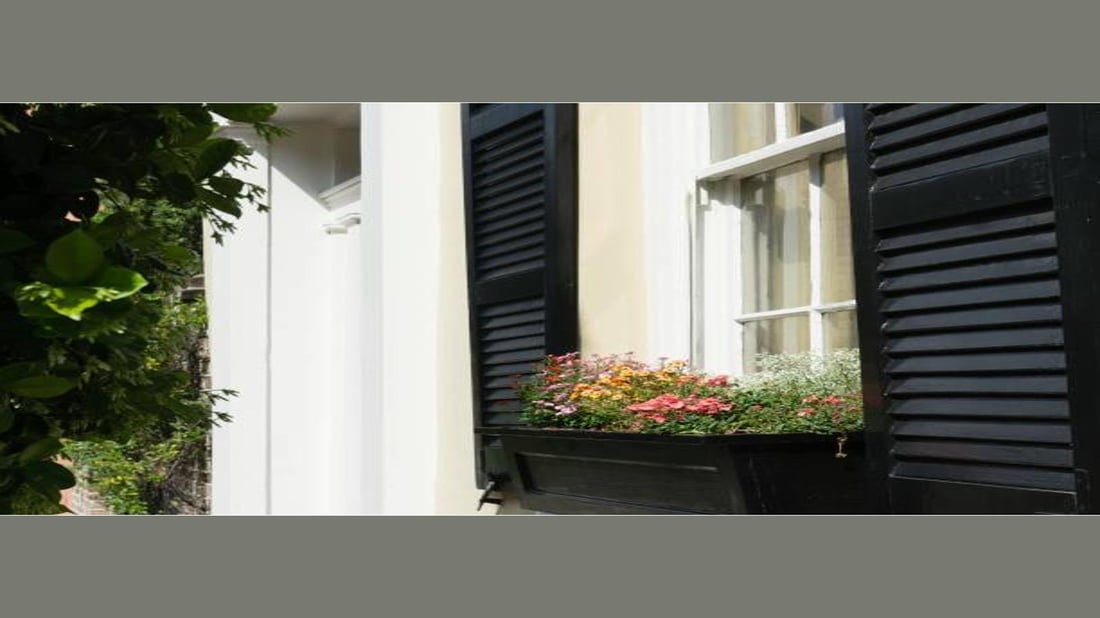Exterior Composite Shutters vs. PVC Shutters: A Comprehensive Comparison
When it comes to enhancing the exterior of your home, shutters play a crucial role in both aesthetics and functionality. With an array of options available in the market, it can be overwhelming to choose the right material for your shutters. This article aims to provide a comprehensive comparison between two popular choices: Exterior Composite Shutters and PVC Shutters. Let's delve into the various aspects of these materials to help you make an informed decision.
1. Durability and Longevity
When investing in shutters, durability and longevity are key considerations. Exterior composite shutters are known for their exceptional durability. Made from a combination of wood fibers and resin, these shutters are designed to withstand harsh weather conditions, including extreme heat, cold, and humidity. On the other hand, PVC shutters, which are made from polyvinyl chloride, also offer excellent durability and are resistant to rot, moisture, and insects. Both materials are designed to last for many years with minimal maintenance.
2. Aesthetics and Authenticity
Exterior composite shutters often provide a more authentic look and feel, closely resembling traditional wooden shutters. The combination of wood fibers and resin allows for a wider range of design options, including raised panels, louvers, and decorative cutouts. PVC shutters, although versatile in design, may not offer the same level of authenticity as exterior composite shutters. However, advancements in manufacturing techniques have resulted in PVC shutters that closely resemble wood grain textures, providing a visually appealing alternative.
3. Maintenance and Care
When it comes to maintenance, both exterior composite shutters and PVC shutters are relatively low-maintenance options. However, exterior composite shutters may require occasional repainting or refinishing to maintain their appearance and protect them from fading due to prolonged exposure to sunlight. PVC shutters, on the other hand, require minimal maintenance and can be easily cleaned with a mild detergent and water. Their resistance to fading and discoloration makes them a convenient choice for homeowners seeking hassle-free upkeep.
4. Energy Efficiency
Energy efficiency is an important consideration for many homeowners. Exterior composite shutters provide better insulation compared to PVC shutters. The composition of wood fibers and resin in composite shutters helps to regulate temperature, reducing heat transfer during hot summer months and minimizing heat loss during colder seasons. PVC shutters, although offering some insulation benefits, may not provide the same level of energy efficiency as composite shutters.
5. Environmental Impact
For environmentally conscious homeowners, the environmental impact of materials used in shutters is a significant factor. Exterior composite shutters are often made from recycled wood fibers and resin, making them a more sustainable option. PVC shutters, on the other hand, are derived from petroleum-based products and may have a higher carbon footprint. However, it is important to note that both materials can be recycled at the end of their lifespan, reducing their impact on the environment.
6. Cost Considerations
Cost is a crucial factor when deciding between exterior composite shutters and PVC shutters. PVC shutters tend to be more cost-effective compared to exterior composite shutters. The lower production costs of PVC shutters contribute to their affordability. On the other hand, exterior composite shutters, while slightly pricier, offer better value in terms of durability and aesthetic appeal. It is important to consider your budget and long-term goals when making a decision.
7. Customization Options
When it comes to customization, both exterior composite shutters and PVC shutters offer a wide range of options. Exterior composite shutters can be easily customized to match your specific design preferences, with various styles, sizes, and finishes available. PVC shutters also offer customization options, although they may have limitations in terms of design complexity. Consider your desired level of customization when choosing between the two materials.
8. Installation and Accessibility
Both exterior composite shutters and PVC shutters are relatively easy to install and can be done as a DIY project or by professionals. However, PVC shutters are generally lighter in weight, making them easier to handle during the installation process. This can be an important consideration for homeowners who prefer to install shutters themselves or have limited accessibility to professional installation services.
9. Resistance to Environmental Factors
Exterior composite shutters are highly resistant to warping, cracking, and peeling, making them suitable for areas with high humidity or extreme temperature fluctuations. PVC shutters, being inherently moisture-resistant, also offer excellent resistance to environmental factors. Both materials are designed to withstand the elements, ensuring long-lasting performance and preserving their appearance over time.
10. Overall Recommendation
Choosing between exterior composite shutters and PVC shutters ultimately depends on your specific requirements and priorities. If you value authenticity, durability, and are willing to invest in a slightly higher-priced option, exterior composite shutters are an excellent choice. However, if cost-effectiveness, low maintenance, and ease of installation are your primary considerations, PVC shutters offer a practical solution. Consider the key factors outlined in this article and weigh them against your individual needs to make an informed decision that best suits your home.

